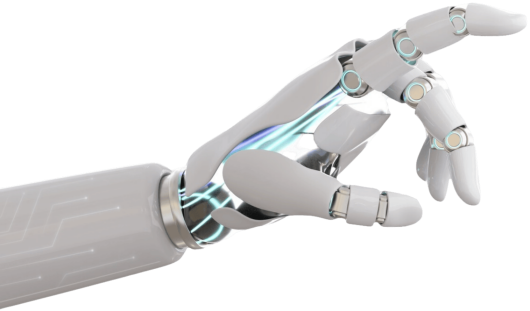
Behavioural data mining is an interesting paradigm in the field of knowledge discovery focused on uncovering meaningful patterns that describe behavioural characteristics. With the broader goal of improving decision-making in various areas, behaviour mining has proven to be useful in several application domains ranging from information systems to social science studies. This paper addresses the topic of behaviour mining in the field of educational data mining and analyses, as a proof of concept, the application of unsupervised learning-based models (self-organising maps and association rules) for identifying certain patterns in the behaviour of the high school students from the Real Sciences specializations when choosing the optional exam item for the Romanian baccalaureate. The experiments conducted for real data sets collected from Romanian high school students have shown that features like class specialization, gender, motivational patterns, or the average score obtained at a certain school subject influence the students’ choosing or rejecting that subject as a baccalaureate exam item. The uncovered behavioural patterns are useful in outlining the profile of the present-day high school student and may be integrated in a recommender system for assisting students and teachers in the educational processes.
Data mining, Behaviour mining, Unsupervised learning, Students’ profile, Association rules, Self-organising map.
Mariana-Ioana MAIER, Gabriela CZIBULA, Lavinia-Ruth DELEAN, "Using Unsupervised Learning for Mining Behavioural Patterns from Data. A Case Study for the Baccalaureate Exam in Romania", Studies in Informatics and Control, ISSN 1220-1766, vol. 32(2), pp. 73-84, 2023. https://doi.org/10.24846/v32i2y202307